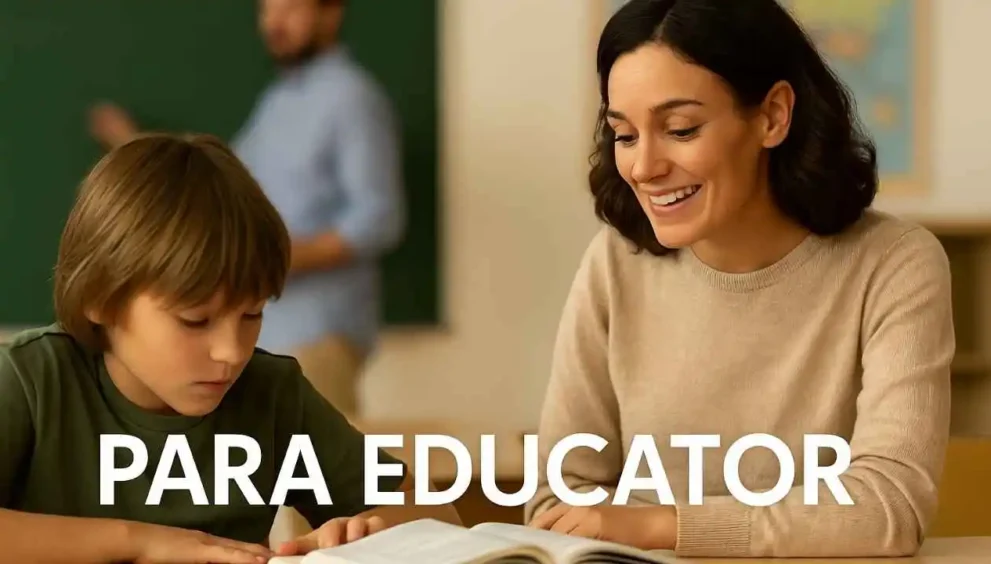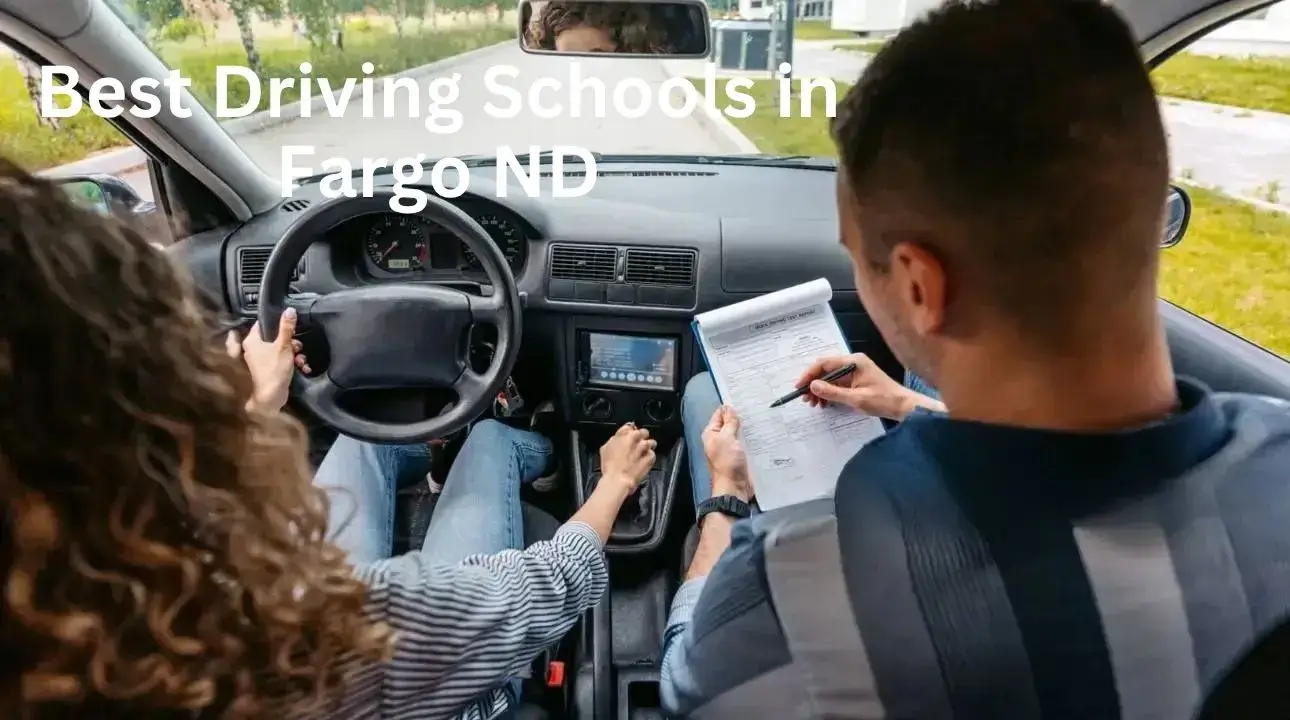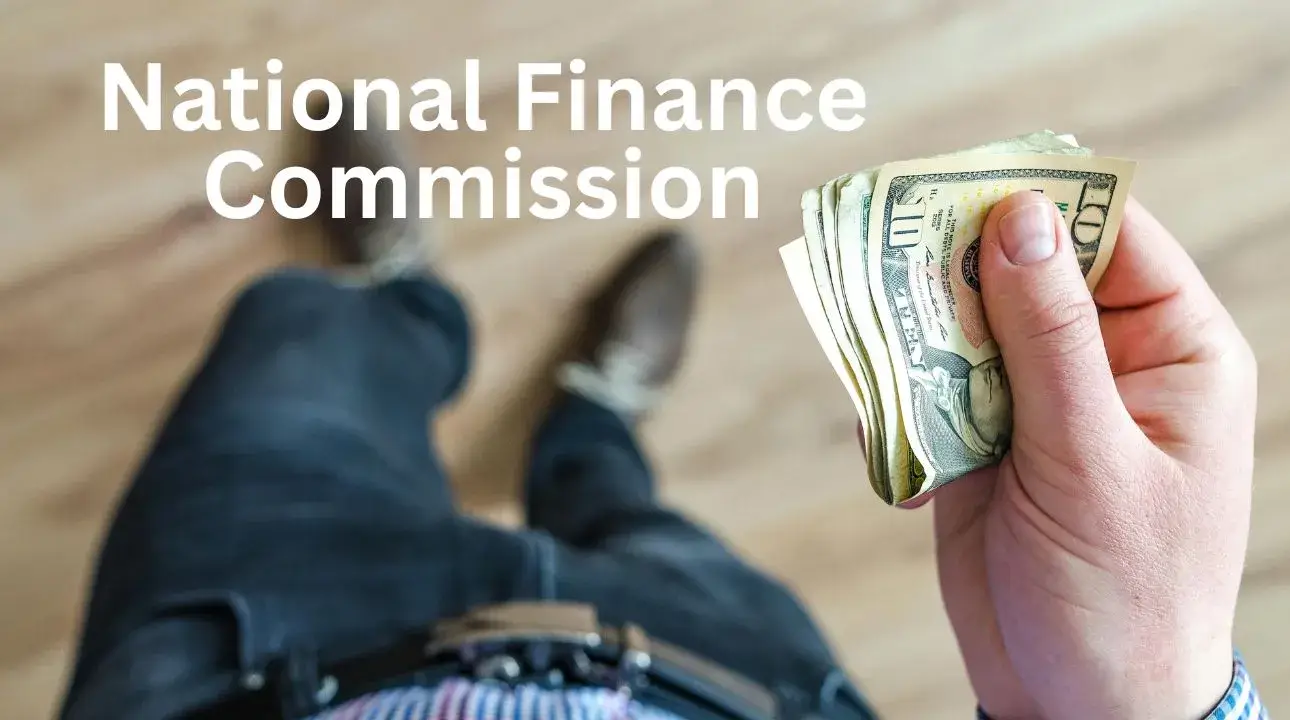Introduction: My Journey Into the World of Para Educators
If someone had told me a few years ago that I’d be working side-by-side with teachers to support students in classrooms, I might have laughed. But here I am — and let me tell you, being a para educator has been one of the most rewarding experiences of my life. I didn’t even know what a para educator really did until I stepped into the role myself. Through experience, training, and a lot of heart, I’ve learned what it truly means to help students thrive — especially those who need a little extra support.
In this article, I’ll share everything I’ve learned about what a para educator is, why this role matters more than most people realize, and how you can become one too. Whether you’re curious about the career or just want to understand it better, this is the full picture — straight from someone who’s lived it.
What is a Para Educator?
Let’s start with the basics. A para educator (also known as a teacher’s aide or classroom assistant) is someone who works under the direction of a certified teacher to help support students in the classroom. The main goal is to give extra help to students who need it — whether that’s academic, emotional, or physical support.
In most schools, para educators assist in special education classrooms, help students with learning difficulties, or simply provide one-on-one support when needed. We don’t replace teachers — we work alongside them. Think of us as the extra set of hands and the extra bit of heart that helps keep things running smoothly.
Read More > How Academy for Educational Development Changed My Attitude on Learning
Why Para Educators Matter
Here’s the thing — a lot of people overlook the importance of a para educator. But from what I’ve seen, we’re often the glue that holds the classroom together, especially in inclusive education.
Some students just need more time. Others need help understanding directions or staying focused. Some might be dealing with anxiety or disabilities. That’s where we step in. When a para educator is present, students get more attention, more encouragement, and more chances to succeed.
I’ve worked with kids who couldn’t speak clearly at the start of the year but were reading aloud by the end. Not because I’m some kind of superhero — but because I was there consistently, giving them that one-on-one support they needed.
Key Benefits of Being a Para Educator
There are a few things I’ve loved most about this role. Here are some of the biggest benefits — both for the students and for me:
- You make a real difference. Whether it’s helping a child read their first full sentence or seeing them build confidence, it’s all worth it.
- You build strong relationships. I’ve connected with students, teachers, and even families in ways I never expected.
- You learn a lot. Every day is different. I’ve picked up classroom management skills, communication tools, and even learned how to better support students with autism and ADHD.
- It’s rewarding — emotionally and personally. The appreciation you get from students (even if it’s just a smile or a hug) means more than any paycheck.
Common Misunderstandings About Para Educators
Now, let’s clear something up. A lot of folks think para educators just “watch the kids” or do busy work like photocopying. That couldn’t be further from the truth.
Yes, we help with small tasks. But most of our time is spent directly helping students — whether that’s guiding them through an assignment, calming a meltdown, or encouraging participation.
Another big myth? That you don’t need any special training. In reality, many para educators go through hours of professional development. Some even take college-level courses or earn certifications to better serve their students.
Real-World Example from My Experience
Allow me to recount one story that particularly affected me. Liam, once a second-grader I knew, worked under my supervision. His speech development was slowed and he battled reading. Initially, he was timid, irritated, and unwilling to attempt.
So I started reading picture books and enunciating letters with him daily for 20 minutes. Liam started to identify terms gradually yet surely. He stood up in front of the classroom at the end of the year and read a whole paragraph aloud. His mother sobbed. I sobbed. The instructor wept. A para educator may have influence of this kind.
How to Become a Para Educator
If you’re thinking about becoming a para educator, let me walk you through it.
- Start with a high school diploma or GED. That’s usually the minimum requirement.
- Look for para educator certification or training. Some states require a test or certain college credits. Others offer workshops or short courses.
- Apply at local schools or districts. Many public schools are looking for support staff. Highlight any experience you have with kids — babysitting, tutoring, volunteering — it all counts.
- Be patient and eager to learn. Your first few weeks might feel overwhelming, but the rewards are worth it.
The best part? You don’t need to be a certified teacher. If you have the passion and patience, you can do this.
My Final Thoughts
Becoming a para educator is a wonderful route if you have always wanted to work in education but not want to be in front of the entire class all day. Hands-on, sincere, and filled with little moments that mean all.
You are aiding to mold their future in addition to just assisting kids. And in doing that also you will discover your own purpose.
It not always comes naturally. Some days are difficult. The development, pleasure, and bond you experience make every second important though. I’m happy to be a para educator; should you pick this road, I think you will be too.
Frequently Asked Questions (FAQs)
The majority of paraeducator positions typically require a high school diploma or a GED equivalent. Some positions may ask for additional training or certification, especially in special education.
Yes! It’s a meaningful role where you get to support students every day. It can also lead to other careers in education, such as teaching or counseling.
A teacher is certified to lead the classroom, plan lessons, and grade work. A para educator supports the teacher and helps students, often in small groups or one-on-one.



